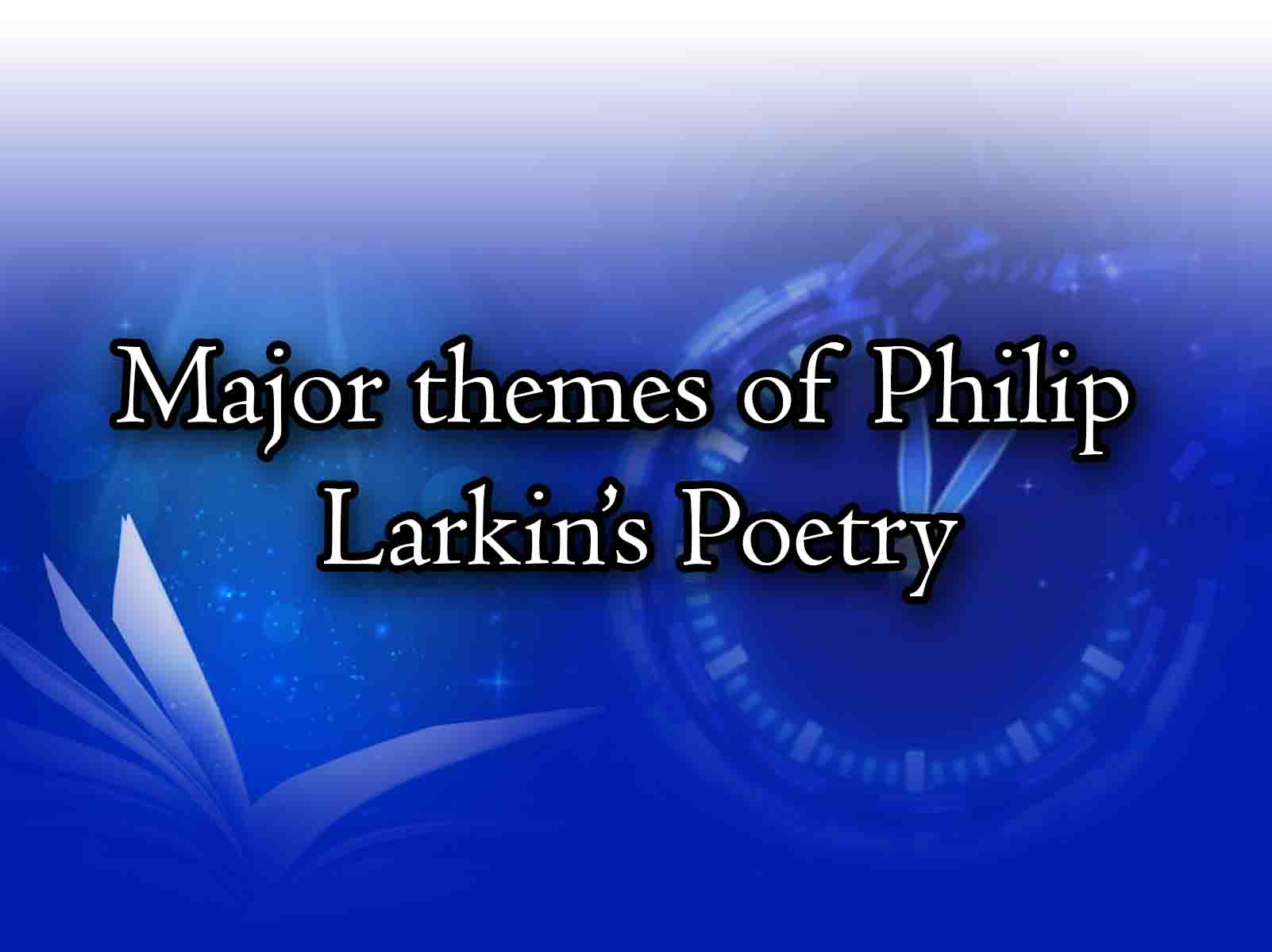waiting for godot characters
-
Poetry

P.B Shelley as a Romantic Poet
Introduction: One of the most well-known English Romantic poets and a master of lyrical poetry in the English language is Percy…
Read More » -
Poetry

Major themes of Philip Larkin’s Poetry
Introduction Philip Larkin is considered as one of the most prominent Poet of modern age. He is known as a…
Read More » -
Basics of Literature

Use of Character Metaphors in Animal Farm by George Orwell
George Orwell wrote Animal Farm in 1944 as a way to criticise the Soviet Union’s leadership and bureaucracy, which he…
Read More » -
Literature
Global Issues as Discussed in Waiting for Godot
Auto-biographical Elements. Beckett wrote Waiting for Godot within the late months of 1948, three years after Allied forces had liberated France from…
Read More » -
Literature
Significance of Time in Waiting for Godot
“Waiting for Godot” appears as depth-less play, “Nothing happens, no one comes, No one goes, and it’s awful”. However beneath…
Read More » -
Literature

How does Beckett flout the norms of theater to create a new theater in Waiting for Godot?
Samuel Beckett’s drama, Waiting for Godot, first carried out in Paris in 1953, exemplifies the existential philosophy and important components of…
Read More » -
Literature

Waiting for Godot as Tragicomedy
Tragicomedy is a play which claims a plot apt for tragedy however which ends happily like a comedy. The action…
Read More » -
Literature

Realism in Waiting for Godot
“Waiting for Godot” occupies an outstanding place within the annals of English literature for highlighting the essential truths of human…
Read More »